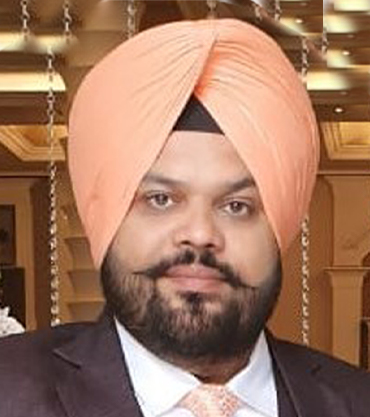

When a crisis or a disaster strikes, the burden of psychological distress will far outlast the physical injuries
TIn a crisis situation–whether in the home or in the community–approximately 25% of those involved will need some level of emergency psychological care. When traditional models of psychological care proved largely inadequate for such situations, a new model of intervention was needed.
Psychological first aid (PFA) is a concept similar to physical first aid for coping with stressful and traumatic events in crisis situations and at disaster sites. PFA is recommended or endorsed by leading international health care organizations such as the World Health Organization, the Institute of Medicine, the National Institute of Mental Health, the American Red Cross, and the American Psychiatric Association.

PFA is a learned skill, and now health care professionals, educators, employee assistance professionals, first responders, and lay people can attend a 2-day training workshop to learn the Johns Hopkins RAPID model of psychological first aid. The RAPID model is unique in that it consists of a platform solidly grounded in evidence-informed and empirically-based components designed to address the needs of individuals in acute distress, while at the same time enhancing organizational and community resilience.
Research published in 2016, demonstrated that psychological first aid significantly lowers anxiety among trauma victims.
Whether you work in healthcare, education, public safety, international humanitarian aid and relief work, religious services, or disaster response, you’ve seen people in psychological distress. Sometimes you see them one at a time and at other times it’s hundreds at a time. In moments such as these we have been motivated to offer some form of support in an attempt to ease the suffering we witnessed. Sometimes our efforts were effective, and sometimes they were not.
During times such as these, we lamented the absence of a psychological magic bullet or a verbal Hail Mary that would immediately end the suffering and lead to the realization of the promise we’d made that “everything will be OK.”
Sadly, however, there is no such psychological magic bullet, no verbal Hail Mary, but over the past 100 years, there has evolved what we now refer to as psychological first aid (PFA). PFA is an empirically-based intervention designed to mitigate acute psychological distress and assess the need for continued care.
- 2 to 5 days, in-person training or online training by MAP Academy
- Adapted From: The Johns Hopkins Guide to Psychological First Aid (2017)
- Key presentation notes
- Post-workshop follow up webinars and case-discussions for workshop attendees to continue learning within a trained community
- Expert Supervision
Objectives–Participants Will:
- Acquire knowledge concerning the history and development of psychological first aid (PFA);
- Acquire knowledge concerning the overarching Johns Hopkins RAPID model of human resilience
- Acquire knowledge of the neuroscience and psychological foundations of human resilience
- Acquire knowledge of the neuroscience and psychological foundations of PFA
- Acquire increased confidence in the application of PFA;
- Acquire an understanding of the nature and application of psychological triage;
- Acquire an understanding of how to implement the five stages PFA with adults;
- Acquire knowledge to enhance one’s own personal resilience;
- Have the opportunity to participate in quarterly online webinars and case-discussions
Similar to physical first aid, PFA can be taught to just about any adult, but the RAPID PFA workshop is designed for anyone who responds to crisis including:
- Public health personnel
- Emergency services personnel
- Communications personnel
- Disaster workers
- Nurses
- Mental health clinicians
- Corrections professionals
- EAP counselors
- Educators
- Physicians
- Security personnel
- Attorneys
- Clergy

Day - 1
INTRODUCTION - INDUCTION & RAPPORT-
DR K GIREESH
CLINCALPSYCHOLOGIST & FOUNDERCHAIRMAN MAP

Day - 2
ASSESSMENT AND APPRAISAL-
DR TARLOCHAN SINGH
FOUNDER CHAIRMAN PSYCHOWAVES, ORGANISING SECRETARY MAP

Day - 3
PRIORITIZATION & PSYCHOLOGICAL TRIAGE
MRS.RITU CHAUHAN
CLINICAL PSYCHOLOGIST & REATTACHTHERAPIST,VICE PRESIDENT MAP

Day - 4
INTERVENTION-
MRS.PRADIPTA SARKAR
CLINICAL PSYCHOLOGIST COORDINATOR MAP ACADEMICS

Day - 5
DISPOSITION
MRS.VEENA KRISHNAN
CLINICAL PSYCHOLOGIST GENERAL SECRETARY MAP